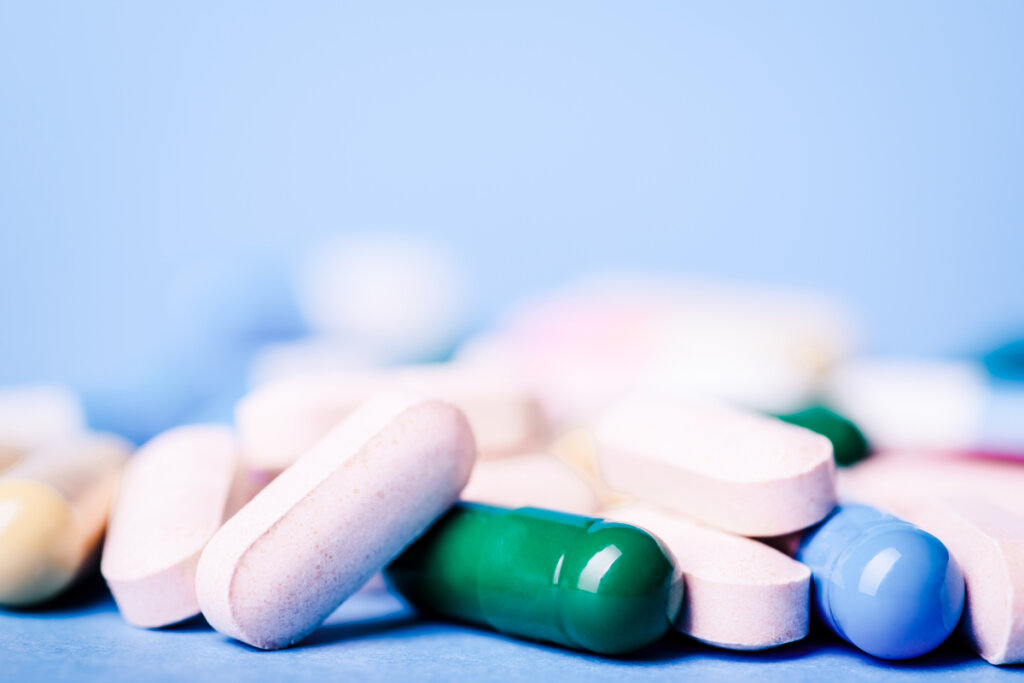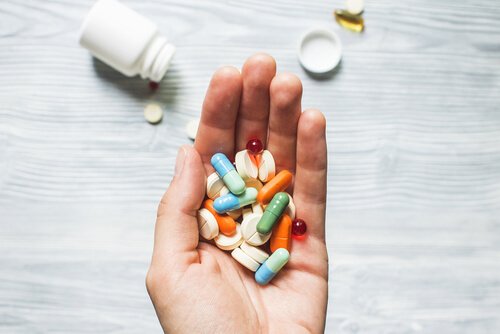People frequently resort to various drugs to blunt the impact of trauma. We’re referring here to drinks like whiskey or vodka but also to anxiolytics and antidepressants. In fact, the pharmacology of trauma is extensive. Moreover, it’s not a particularly new phenomenon. Indeed, since time immemorial, trauma survivors have ingested certain substances to alleviate their pain.
However, advances in pharmacology have led to new interventions for sufferers of post-traumatic stress disorder (PTSD). Experts on this issue, such as Bessel van der Kolk (2020), point out that drugs can help, but they’re incapable of ‘curing’ the horror of trauma.
“Be patient toward all that is unresolved in your heart and try to love the questions themselves…”
-Rainer María Rilke-
PTSD
We’re going to explain PTSD with some clinical cases. The American Psychiatric Association claims that PTSD implies that the sufferer has been exposed to a situation in which their life was in extraordinary danger. For example:
- In a direct way. Lucas, 34, a former combatant in Syria, recounts “I saw how a missile hit the helicopter I was in with my platoon. Everyone died except me”.
- As a witness. Matilda, 19, states “I saw my mother murdered on November 8. I remember that moment as if it happened this morning”.
- As a consequence of repeated exposure. Lucy, 24, claims “I’ve seen my father beat my mother so many times that I feel terrified when any man approaches me.”
As a consequence of these unfortunate events, the victims experience these events again ‘on a loop’. Thoughts surrounding the event frequently burst into their minds and flood their thoughts. As such they intensely feel the anguish, horror, and terror of the event as if it were happening for the first time.
As a result, victims become ‘information tracking experts’. Consequently, any stimulus can be a signal that triggers the alarm that their lives are at stake. They constantly feel as if they’re in danger. Although they try to avoid these sensations, the emotions of terror are reproduced and have a paralyzing effect on them.
“It’s not that something different is seen, but that one sees differently. It is as though the spatial act of seeing were changed by a new dimension.”
-Carl Jung-
Trauma pharmacology
Knowledge regarding the neurobiology of PTSD supports the psychopharmacological intervention for trauma. Indeed, we know that the brain experiencing trauma reacts by producing large amounts of glucocorticoids. These are responsible for ‘setting the brain on fire’. Just as fire consumes the trees in a forest, glucocorticoids do so with hippocampal neurons. They prevent the reprocessing of traumatic memories.
How can medicine help with PTSD?
In the treatment of trauma, pharmacological therapy should be offered in combination with psychological therapy if required by the patient. There are no drugs that ‘cure PTSD’ but some can help alleviate its symptoms. According to trauma expert Bessel van der Kolk (2022), “drugs can only reduce expressions of altered physiology”.
Drugs are also suitable when patients present symptoms that incapacitate them in an extreme way in their daily functioning. For example, unbridled hyperactivation (anxiety, tachycardia, panic attacks) or psychotic symptoms. Childhood trauma also increases the possibility of psychosis in adulthood (Belloch, 2021). The following drugs are frequently used to treat PTSD.
Antidepressants
SSRIs have the potential to ameliorate many PTSD symptoms. They’re also effective for treating other clinical disorders that may co-occur alongside PTSD (such as depression). Moreover, they produce ‘helpful’ improvements in symptoms such as anger and impulsivity.
On the other hand, tricyclics only have a minor impact on trauma symptoms. That said, they prevent sufferers from re-experiencing symptoms as well as avoidance behaviors. MAOIs are better (for the same symptoms) than tricyclics, but their side effects are greater.
“SSRIs can make feelings less intense and more manageable.”
-Bessel van der Kolk-
Beta-blockers
Beta-blockers promote new learning during therapy sessions. In addition, they act on physical anxiety, reducing sufferers’ heartbeat rates. These drugs are known as sumial and propanolol.
They work by reducing adrenaline. This hormone is considered ‘activation fuel’. Since the drug blocks its production, activation is less and the patient’s anxiety is reduced.
Benzodiazepines
The mechanism of action of a benzodiazepine (such as alprazolam) is similar to that of alcohol. Both block the GABA-A receptor. However, they’re safer than consuming alcohol.
Benzodiazepines are used at critical moments of stress. But, they don’t have any real impact on the symptoms of PTSD. For this reason, and because they generate addiction, they’re only used occasionally.

Mood stabilizers
We mentioned mood stabilizers earlier. In the context of PTSD, they decrease symptoms of impulsivity and irritability. Indeed, drugs, such as lithium or valproic acid, can be useful to reduce sufferers’ feelings of panic (van der Kolk, 2020).
As you can see, medicine has the potential to help trauma sufferers. That said, for any changes to be maintained in the long term, psychotherapy is essential.
“86 percent of studies incorporating pharmacological interventions in addition to psychological treatments do not greatly improve symptoms in people with PTSD.”
-Eduardo Fonseca Pedrero-
The post Pharmacology: An Ally in Treating PTSD? appeared first on Exploring your mind.



















Comments